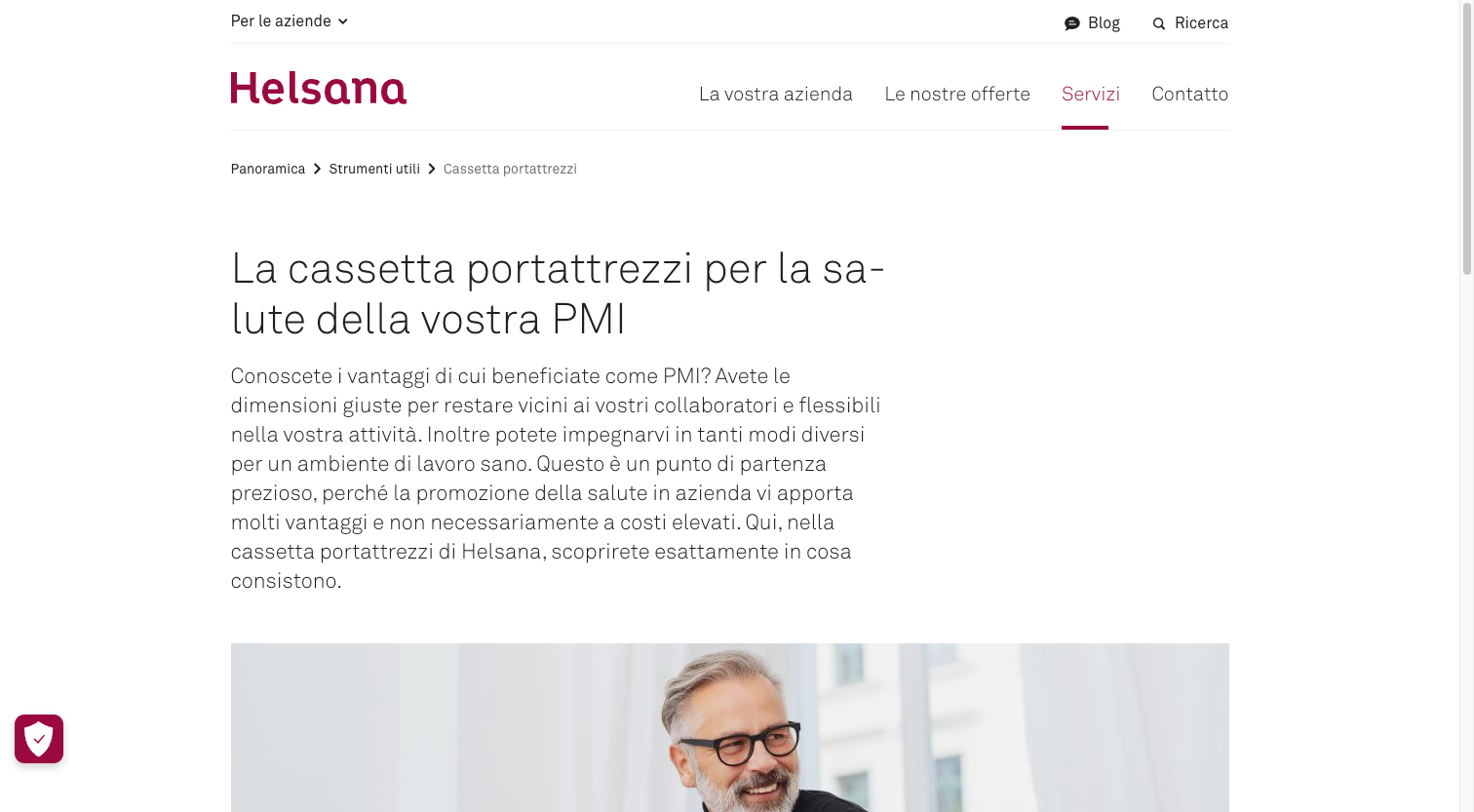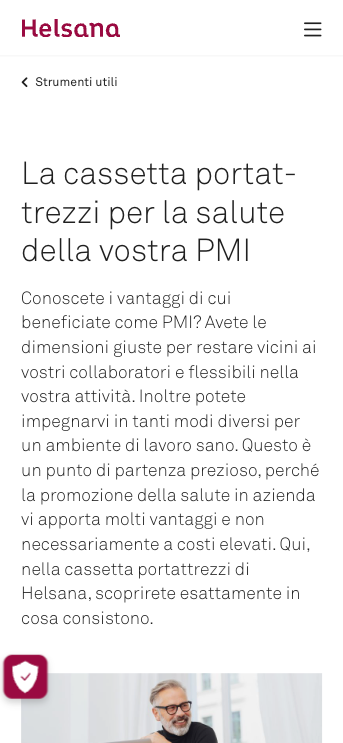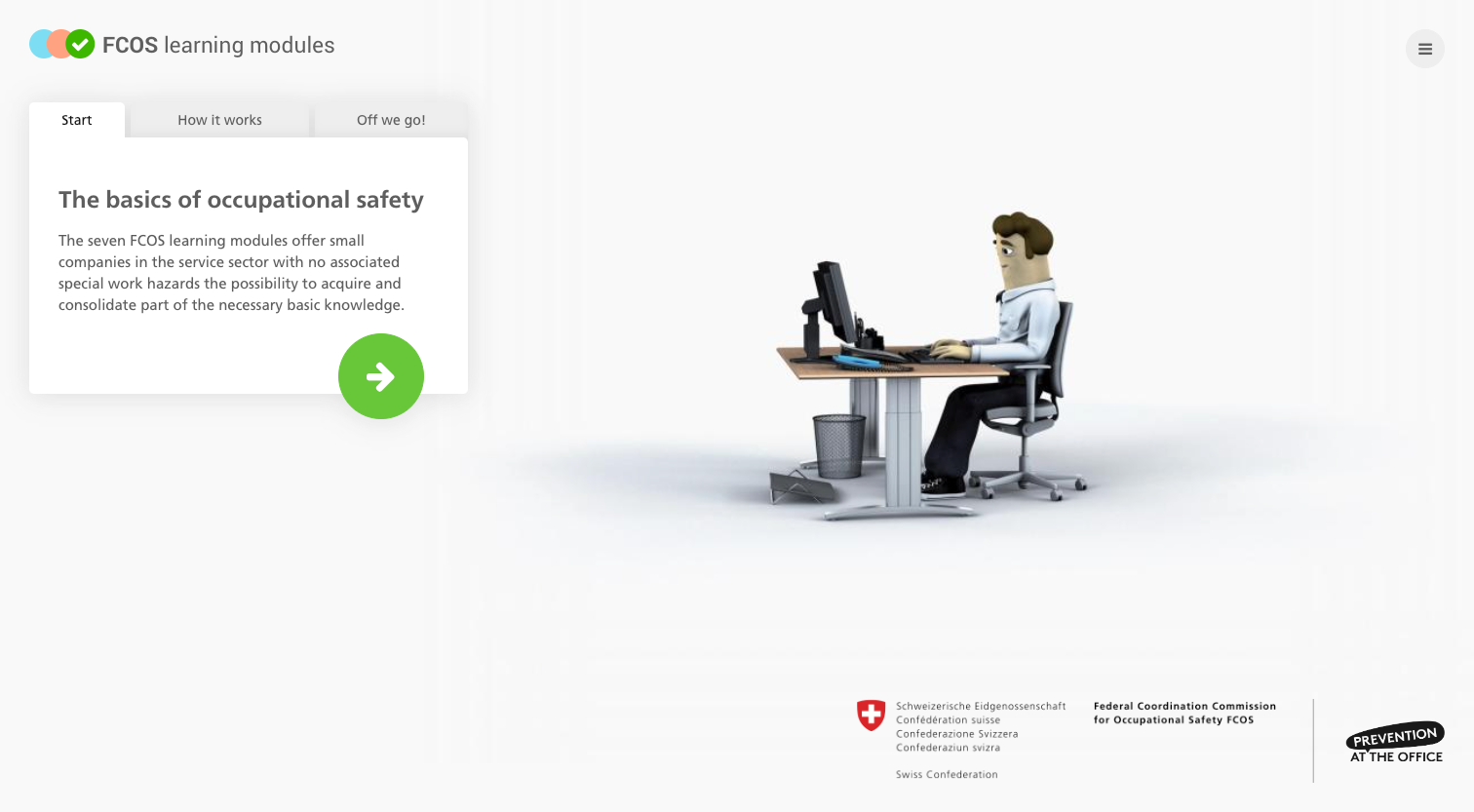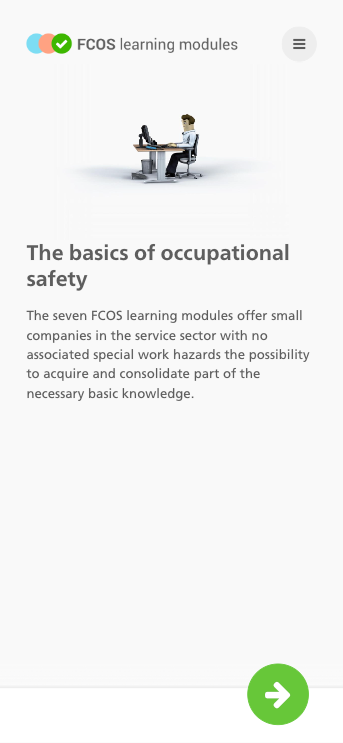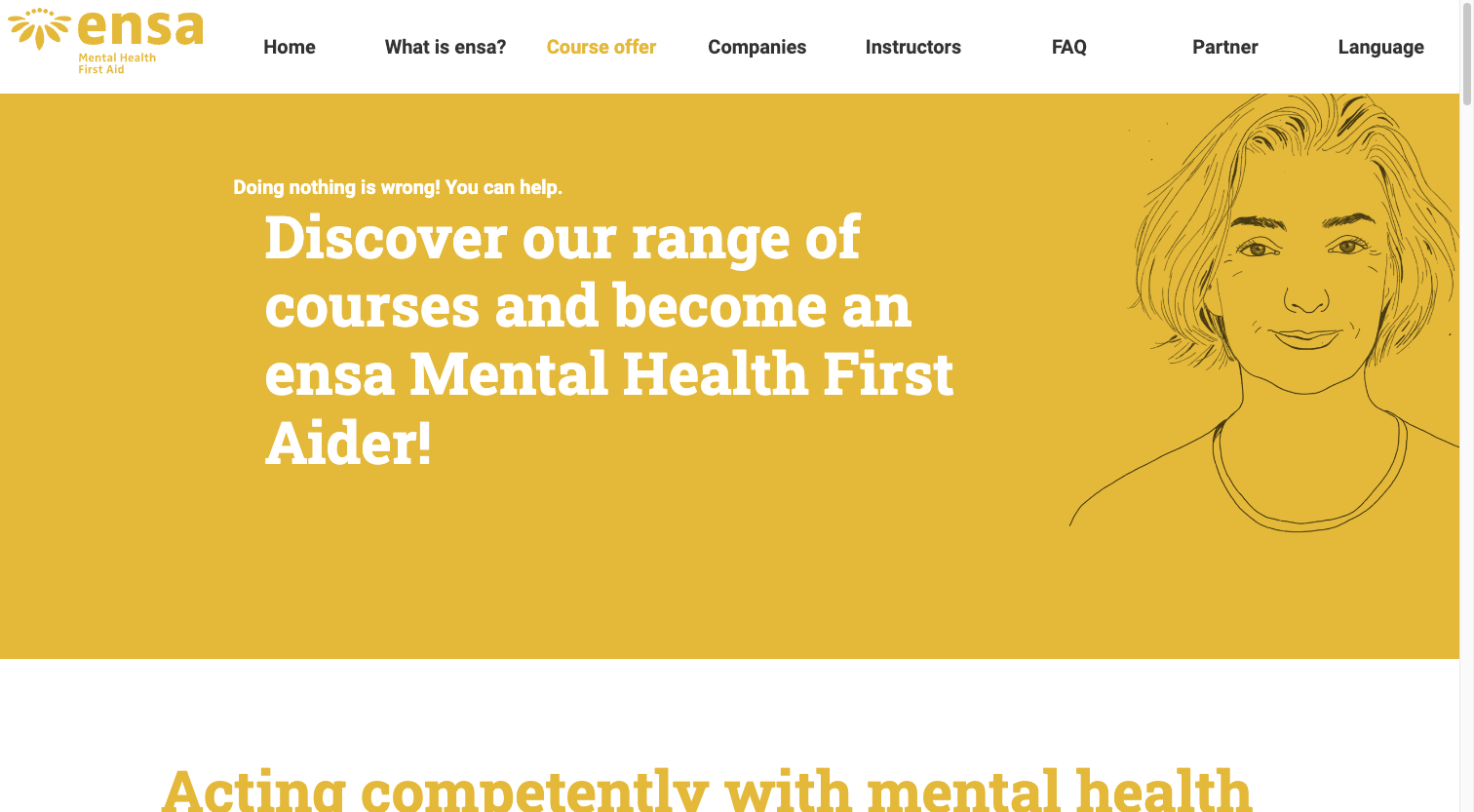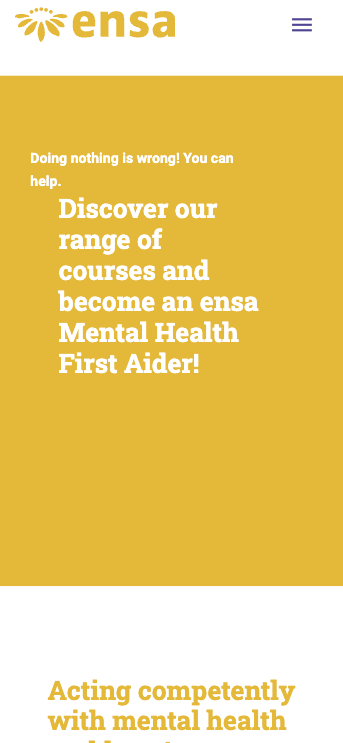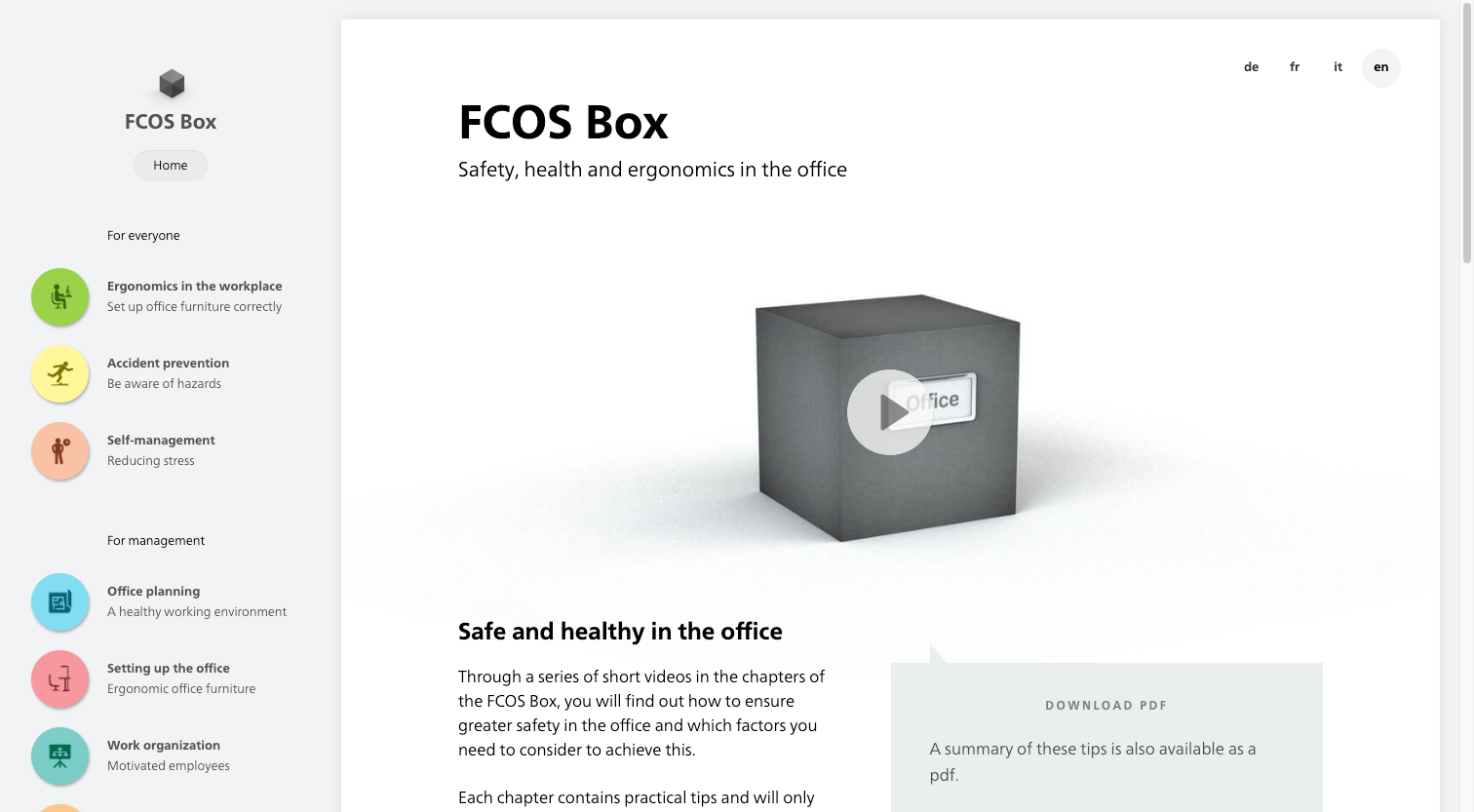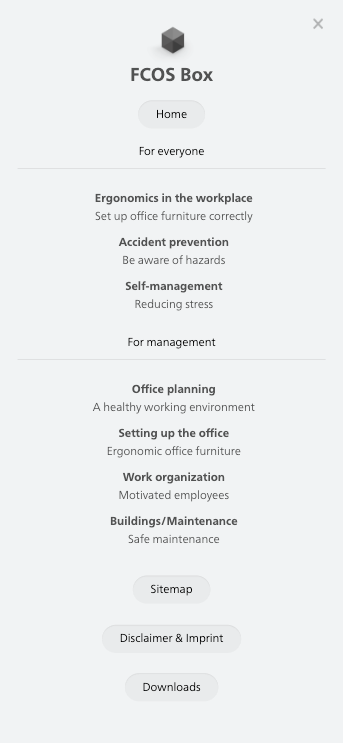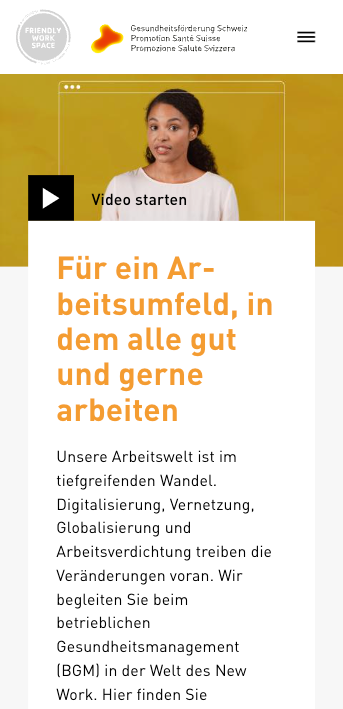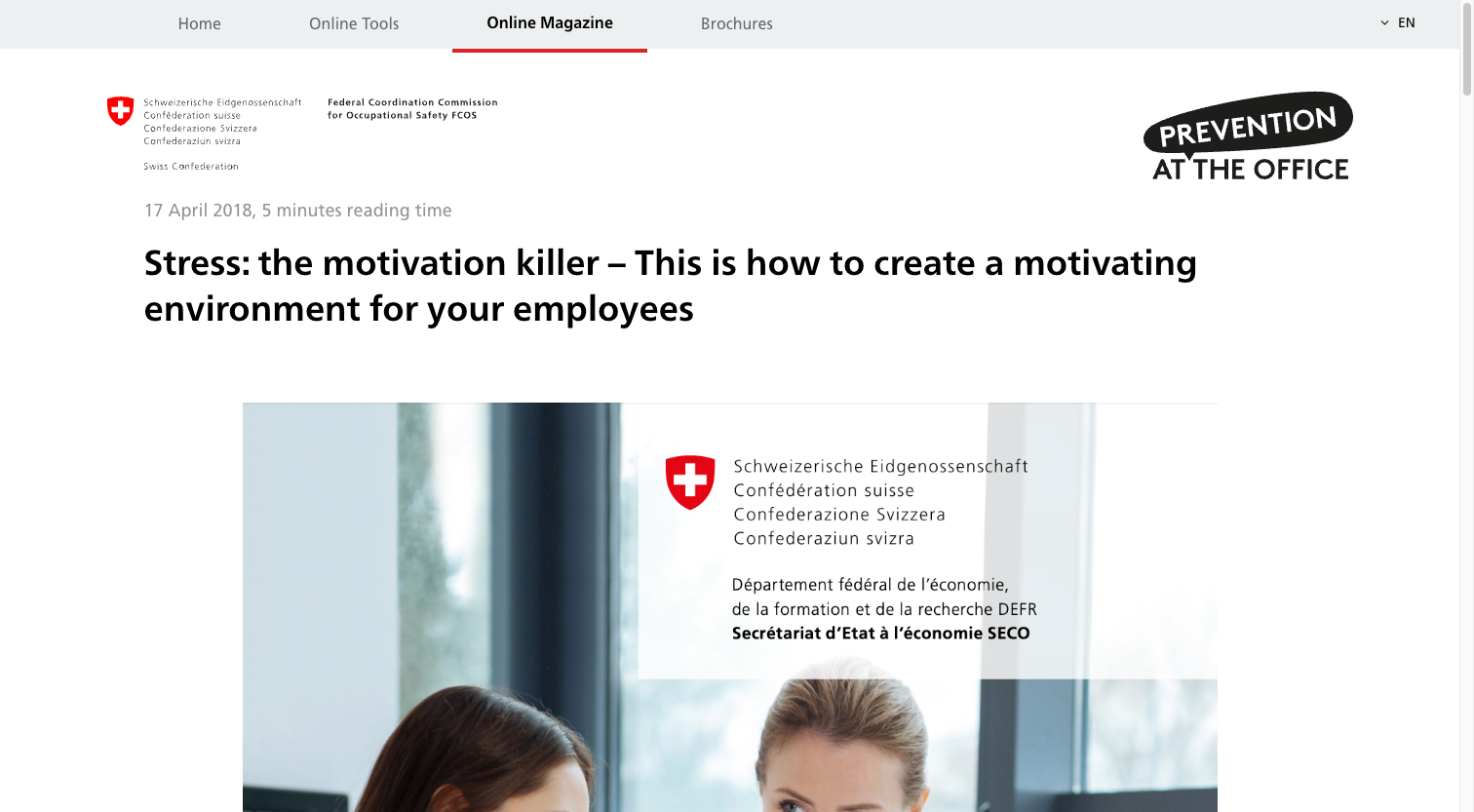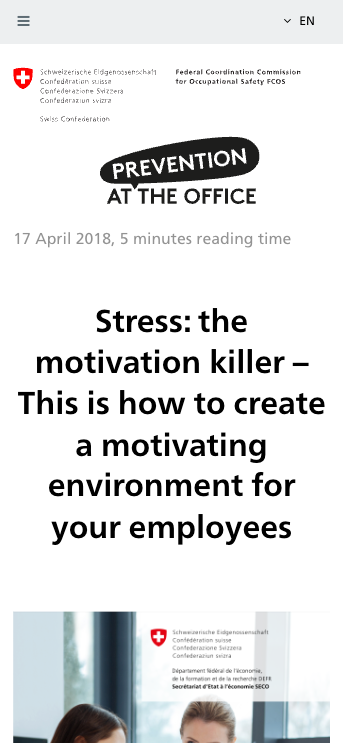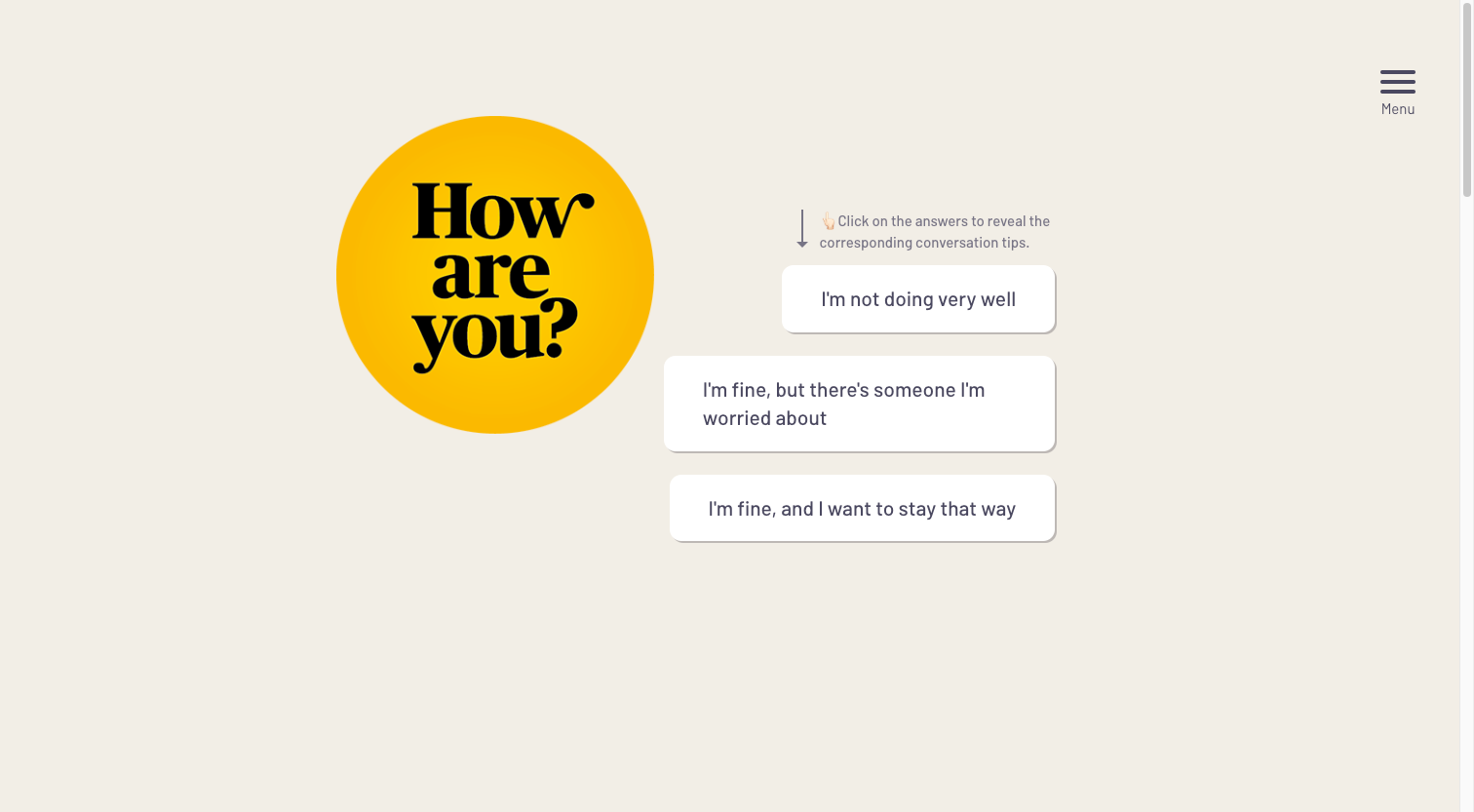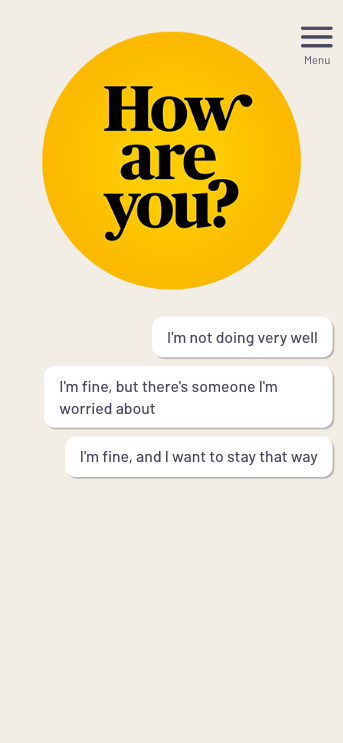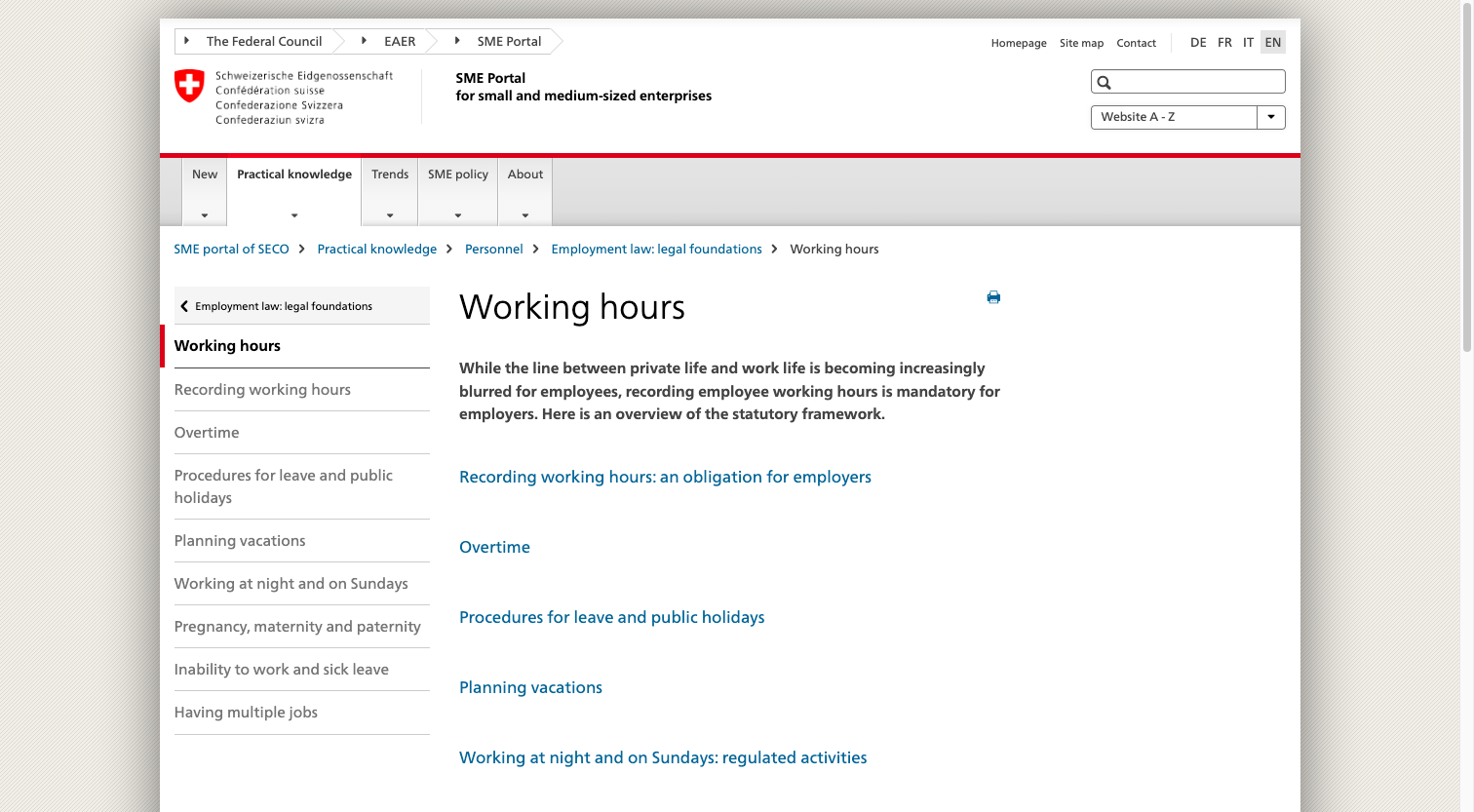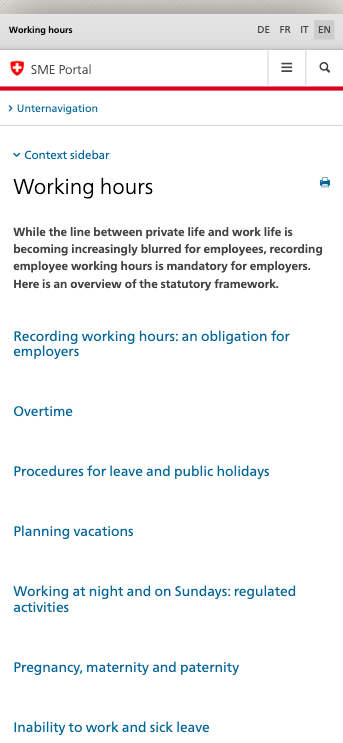Stress
If stress symptoms occur, a variety of factors can be responsible for the underlying problem. For example, work stress can be due to stressful working hours such as frequent night shifts or overtime, or there may be conflicts in the team that strain the working atmosphere. But stress from the private environment can also contribute to stress symptoms that manifest themselves in the workplace. Fortunately, there are some effective methods for stress management.
Do you also sometimes have the feeling of being burnt out? You are far from alone! We present you with a selection of proven strategies to reduce stress at work, bring your life-domain balance into a healthy equilibrium and improve communication in your team.


Life-domain balance
Life-domain balance is colloquially known as work-life balance. However, this term is now considered misleading, as work is an integral part of life – not an antithesis. That is why we now speak of life-domain balance instead.
Stress relief
A large proportion of Swiss employees feel stressed by the pressure to perform and are overloaded with the daily routine at work. However, a few small tricks can help to cope better and reduce stress.
One of the cornerstones of anti-stress is your own time management. The motto here is: first complete one activity, THEN start something new. This also includes exercising less control and instead handing over activities completely, letting go. Don't be too strict with yourself or your employees, because not everything has to be perfect all the time.
Recommendations from your stress coach
An optimistic attitude also helps you to be less stressed by external factors. Focus on the beautiful things in life, ensure a sustainable life-domain balance, and also take time to enjoy and relax with friends and family.
If you keep time slots free for hobbies such as making music, gardening, going for a walk, cooking something delicious or releasing excess energy through exercise, you are already on the right track.
Fighting stress in an organised way with to-do lists
Even as a leader, good leadership starts with yourself. To-do lists are an ideal way to create order, prioritise tasks and, above all, get them out of your head – by putting them on paper, listing them on your mobile phone or banishing them to post-its. Regardless of which system you choose, to-do lists have compelling benefits:
Writing them down in itself already breaks down a huge mountain of tasks into small, doable portions
The chaos in your head becomes a list that is easy to keep track of
Nothing is forgotten anymore, and you have handed over the responsibility to the app or the notebook
Scientific studies show that you work more focused and even sleep better
If you can check something off or cross it off with pleasure, it gives you immense satisfaction.
Challenging leadership of employees
Are your employees not performing as well as they should? Do they stand out negatively due to unpunctuality, a chaotic desk, a lack of personal hygiene or do they suffer from psychological problems that affect the entire team? As a leader, it is important to address these things directly and openly and to give feedback to the employees – and this is often more challenging than expected.
It helps to prepare such unpleasant conversations properly and to go into the meeting with the right inner attitude. Putting ourselves in the other person's shoes can positively change our own basic attitude, create empathy and support us in not only seeing the negative.
Also, it is essential never to rely on the rumour mill, but only to take first-hand information at face value – because every story has at least two sides. Therefore, be sure to listen to employees' perspectives and ask for feedback for managers as well.
In addition, the focus of a critical talk should be on the misconduct you want to address, rather than on the actual person concerned. Objective rather than emotional is the motto. The goal of such a discussion should always be to find solutions together, to determine concrete measures for improvement, and thus to ensure a more pleasant working atmosphere and less stressful collaboration. That way, you can eliminate deficits together if possible and build on existing strengths.
